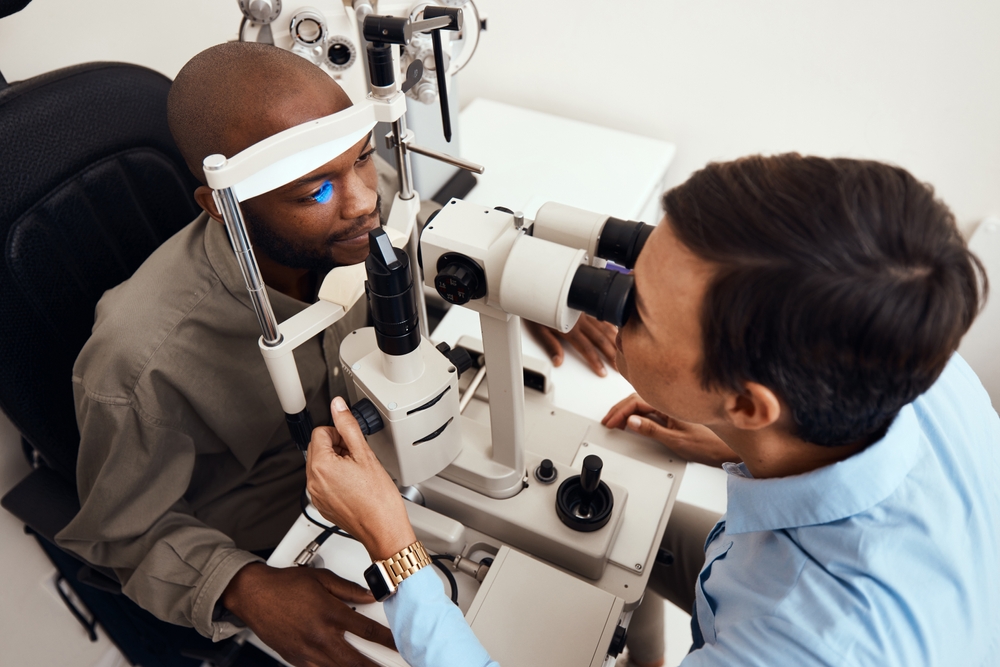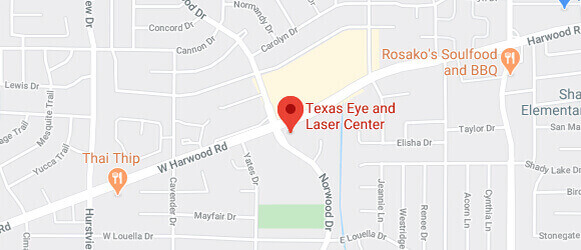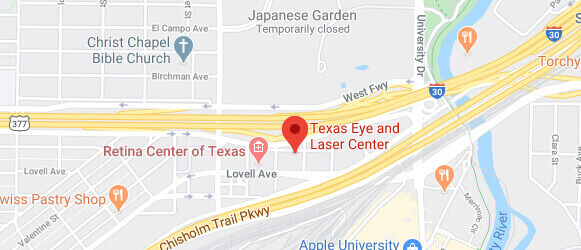Have you been dreaming of life without glasses or contact lenses? If you’re tired of your blurry vision, LASIK surgery may be able to help.
LASIK is a laser vision correction procedure that reshapes the cornea to improve visual clarity. It’s one of the most popular elective surgeries in the country.
But how do you know if you are a good candidate for LASIK? LASIK can be an excellent option for reducing reliance on glasses and contacts, but not everyone is suited for this surgery.
Keep reading to learn all about LASIK candidacy and take the first step towards crisper, sharper vision!
What Is LASIK?

LASIK, which is short for Laser-Assisted In-Situ Keratomileusis, is a type of refractive eye surgery that uses a laser to reshape the cornea and improve vision clarity. It can treat refractive errors like nearsightedness, farsightedness, and astigmatism.
This popular refractive surgery uses state-of-the-art lasers to reshape the cornea and drastically improve vision clarity. The benefits of LASIK are life-changing for many glasses and contact lens wearers.
Most patients see well without any visual aids after LASIK, no longer having to deal with the annoyance of glasses fogging up or contacts drying out. Nearsightedness, farsightedness, and astigmatism are significantly reduced or eliminated, allowing people to see in vibrant color and sharp detail like never before.
LASIK provides convenience, eliminating the need to constantly search for misplaced glasses or make sure to have spare contact lenses. The confidence boost of having crisper vision without visual aids is also invaluable.
Additionally, the investment in LASIK surgery over time is less than a lifetime of costs for prescription eyeglasses and contact lenses.
What Happens During LASIK?
The LASIK procedure takes only ten to fifteen minutes per eye. First, your LASIK surgeon will apply numbing drops to the surface of your eye so you don’t feel anything.
Then, they will create a protective corneal flap. This flap is folded back to access the inner corneal tissue.
The excimer laser then reshapes the cornea based on your specific vision correction prescription. After the cornea is sculpted into its proper shape, the flap is smoothly laid back into position where it seals without needing stitches.
Your LASIK surgeon may place a shield over the eye to protect the flap while healing takes place overnight. You’ll rest in a recovery area for a little while before being discharged with follow-up instructions.
Your eyes may feel mildly scratchy, and your vision may be blurry for several hours as the flap adheres back into place. Most patients report rapid improvements in vision clarity over the first twenty-four hours following their LASIK procedure.
Who Is a Good Candidate For LASIK?

The ideal LASIK candidate is an adult over eighteen with stable vision, meaning their eyes and prescription are mature and unlikely to change suddenly after the procedure. Good candidates will also have sufficient corneal thickness to allow the LASIK surgeon to create a flap during the procedure.
Candidates should also have healthy eyes without pre-existing conditions that could impact healing or vision after LASIK. Having realistic expectations about the potential need for some glasses post-surgery is important to be satisfied with the results.
Additionally, good candidates have no uncontrolled medical conditions like diabetes that could complicate surgery and recovery. They are also not pregnant or breastfeeding at the time of the procedure.
Your experienced LASIK surgeon at Texas Eye and Laser Center in Fort Worth, Texas, will evaluate all these factors during a consultation to advise if you are a suitable candidate.
What Happens During a LASIK Consultation?
A thorough preoperative examination is crucial for determining if you are a good LASIK candidate. At your LASIK evaluation, your eye doctor will conduct various vision tests and measurements to thoroughly evaluate your eyes.
They will start by checking your existing glasses or contact lens prescription to establish the degree of vision correction needed. Precise instruments will be used to measure your corneal thickness, map your unique corneal topography, and assess your pupil size in dim lighting.

You will also undergo tests of your best corrected visual acuity, meaning your vision clarity both with and without your current glasses or contacts. A comprehensive eye health exam will look closely at your retina, optic nerve, and anterior chamber for any issues that could impact LASIK results or healing.
Your motivation for LASIK surgery will be discussed, as well as your vision expectations following the procedure. It is important you have realistic anticipated results.
Your LASIK surgeon will educate you on the potential surgical risks and complications, which are very low but should be understood. Based on all the measurements and examination findings during your consultation, your eye doctor will advise if you are a good candidate for LASIK. If you are a good candidate, they will determine the proper treatment plan and laser settings to optimize your visual outcomes.
Are you interested in learning if you may be a good candidate for LASIK? Schedule a LASIK consultation at Texas Eye and Laser Center in Fort Worth, TX, today!



